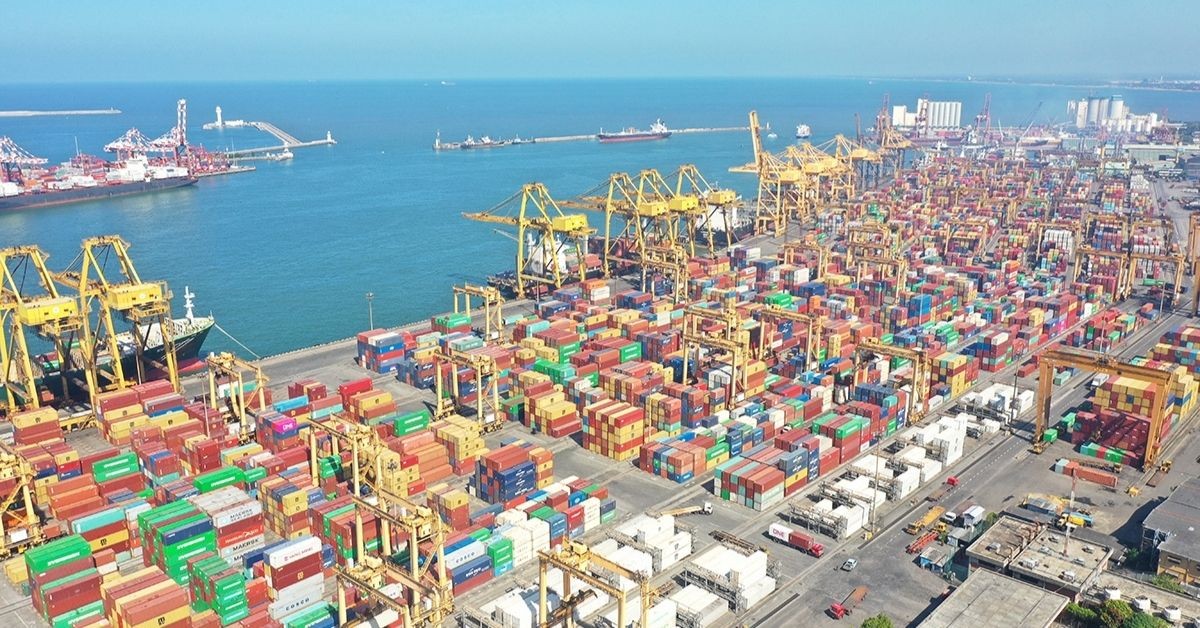Several consignments of previously-ordered fertilisers and pesticides were stuck in the Colombo port this week despite a gazette being issued to permit any shipments of agrochemicals seaborne on or before May 5 to arrive, be cleared and distributed.
The block occurred because the necessary instructions had not been conveyed by the relevant authorities, a spokesman for a pesticide company said, adding that the shipments were likely to be cleared next week.
Meanwhile, fertiliser and pesticide companies have drafted a position paper and have also conveyed their concerns to the Government. However, they have not been called for a meeting yet regarding the challenges – as they see it – in shifting from chemical to organic fertiliser. Also, pesticide importers maintained that there were no substitutes for their products.
But Presidential Secretary P.B. Jayasundera said there would be no shift in the Government position to completely shift away from agrochemicals. He also said organic fertiliser imports would be allowed and that “all those things are being worked out”, including what products have the best standards for application here.
Mr Jayasundera also pointed out in an interview with the Sunday Times that the Government had not “banned the application of chemical fertiliser this season”. Subject to certain shortages, there are agrochemicals available for the ongoing Yala cultivation. But the policy is to cut out chemicals permanently “subject to taking specific actions to meet the transitory problems”.
“We don’t block the whole thing,” he said, calling it a chicken-and-egg situation. The land was amply chemically fertilised at present for there not to be any negative effect if application was stopped for one season. But there is a six months gap before the Maha season to increase the input of organic fertiliser and to re-condition and re-orient the country towards the new policy.
Despite the COVID-19 crisis, this was a good time to introduce the change and to create “a more organic mindset”, Mr Jayasundera insisted. “It’s not simple,” he admitted, “because everybody likes importing fertiliser, distributing and getting subsidies. But farmers, just to retain their production, apply fertiliser. Production doesn’t go up despite the levels they apply.”
Certain crops, like the various plantations or hybrid varieties, might continue to need agrochemicals, he admitted. “What you need is a crop-wise, area-wise fertiliser needs assessment and then channel,” he said. “That means reduction is definitely feasible. You may not be able to have zero chemical fertiliser now or even for a year. But it is definitely possible to have a substantial reduction and then see how the soil and crop conditions develop.”
It was, above all, crucial to change the farmer’s psychology, he reiterated. “Their mindset is that, unless you apply artificial fertiliser, you can’t get a good crop.”
Many countries, including South Korea, are advanced in organic fertiliser. There is a Board of Investment company in Sri Lanka that manufactures organic fertiliser for that market. Mr Jayasundera said the Government envisaged “that kind of industrial shift”. There could also be production at the Eppawela phosphate mines and more efficient use of waste as fertiliser.
There is an implementation plan, the President’s Secretary insisted, adding that the new 46-member Task Force appointed to transform Sri Lanka into a green economy would have a key role to play.
“A fair amount of pressure is brought in by the President among the ministries because our culture is to do what we are used to doing, not something new,” he pointed out. “Now the Task Force has been set up and growing zones have been established.”
Source: Sunday Times







